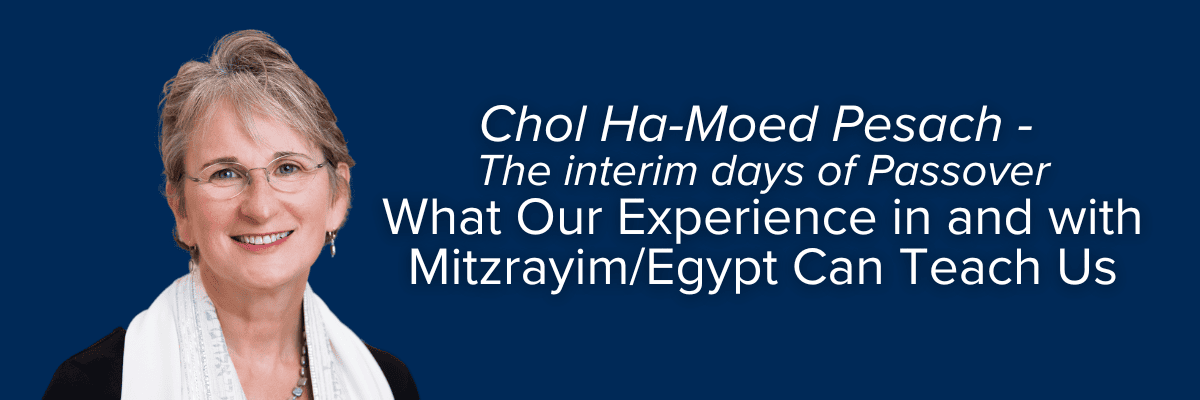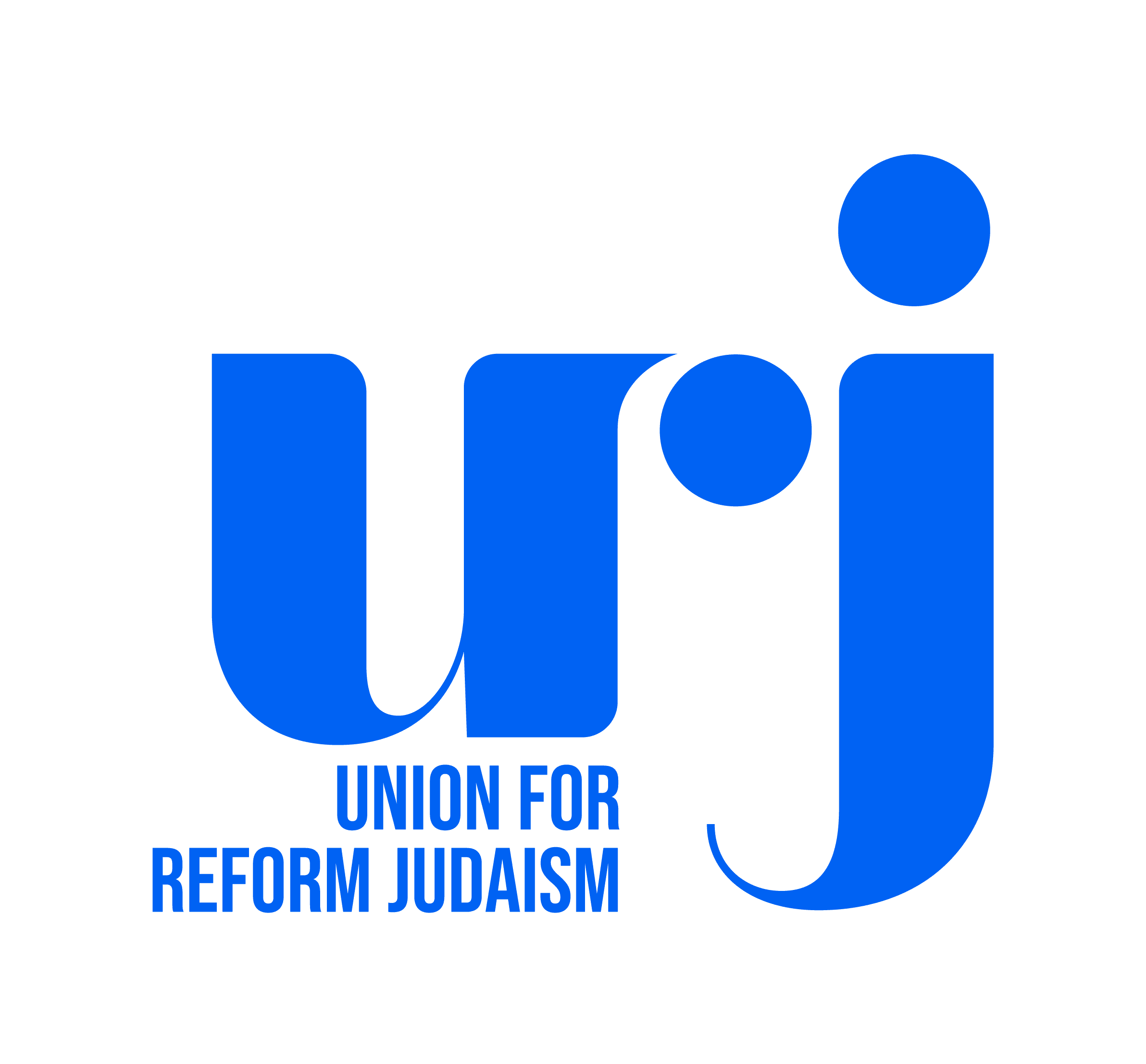As we have just passed the halfway point of our observance of the Passover, many of us are still feeling connected to the themes presented in the Haggadah, the ideas and theology of the Seder. For me this year, the image of Egypt looms large. There I see a power-hungry Pharaoh who rejects God’s ideas of justice and freedom. For the Jewish people, Egypt is a place of oppression, yet our Exodus story is not only about us. Yes, it captures our commitment to pursuing freedom for all those help captive – especially our hostages. But it also speaks to our commitment to freedom for all those anywhere who live under oppressive rule.
The Hebrew word mitzrayim literally means Egypt. But when we look at the word more carefully, we are gifted an opportunity to broaden and deepen what we might learn from this historic place. In the middle of the mitzrayim we find the word tzar – which means narrow. Tzaryim could be translated as the narrow places. The mem (m) at the beginning of the word is a prefix meaning ‘from.” When we speak about leaving Egypt or in Hebrew, leaving mitzrayim, we are not only speaking about leaving a country where we were once slaves. Our Exodus is also intellectual and spiritual. Each year, when we recreate the journey of our ancestors, we are challenged to leave our own mitzrayim – our own narrow places.
Our narrow places might be beliefs that we carry that restrict our ability to be open to others. Our narrow places might be forces in our lives that keep us from doing when we wish to do or acting as we think we should. We all have narrow places in our lives. Some are within us; others come from without. Our narrow places may be what keeps us from helping others know freedom. Either way, this is the season to find a way to go out from mitzrayim – from those narrow places.
May all of us experience the exodus of our people as well as our own person exodus from the narrow places of our lives.
Shabbat Shalom and Hag Samayach,
Rabbi Amy Schwartzman


